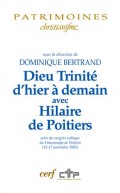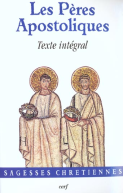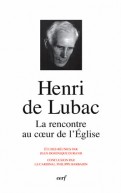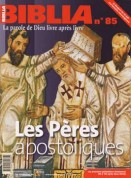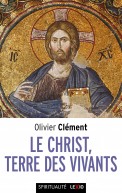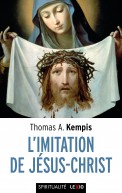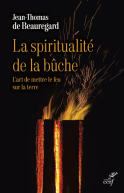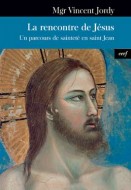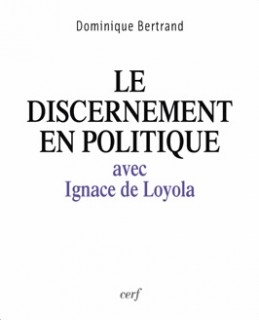
Discernement en politique
Collection Parole présente
96 pages - avril 2007
11,00€
Il est devenu urgent de revaloriser la politique comme lieu d'exercice de la foi, de l'espérance et de la charité. Or, sur ce terrain, on se heurte à une constante, ancrée dans le christianisme du XXe siècle, qu'exprime parfaitement la formule de Charles Péguy sur la mystique qui se « dégrade » en politique. C'est très exactement sur ce point que l'action et la pensée d'Ignace de Loyola révèlent leur grand intérêt. Nul doute que celui qui a fondé, avec ses amis, la Compagnie de Jésus, a joué directement, par ses initiatives personnelles, et indirectement par ladite Compagnie, un rôle important dans la société et en tous les rouages de celle-ci, et ce jusqu'à nos jours. Nul doute non plus, après le renouveau des études ignatiennes au XXe siècle, qu'Ignace a été un grand mystique. Or, en particulier dans la volumineuse correspondance – douze in-quarto dans l'édition critique parue de 1903 à 1911 –, nous disposons d'un document massif qui peut servir de base à la revalorisation rigoureuse que nous recherchons. Oui ou non, un discernement authentiquement porté par la foi, l'espérance et la charité peut-il servir à un engagement réaliste dans la cité pour une bonne gestion de celui-ci ?
--
It has become imperative that we re-establish the political arena as one in which faith, hope and charity are implemented. But in this domain, we come up against a stubborn belief, anchored in 20th century Christianity, of which the perfect expression is Charles Péguy’s comment about how the mystical is ‘degraded’ in the political. It is precisely on this topic that Ignatius of Loyola’s action and thinking reveal their great value. There is no doubt that the man who, with his friends, founded The Society of Jesus, has played an important role in society and all its workings right up to the present day – directly, through his personal initiative, and indirectly through that organisation. Nor is there any doubt, after the 20th century revival of Ignatian studies, that Ignatius was a great mystic. For, especially in his voluminous correspondence (twelve quartos in the critical edition published from 1903 to 1911) we possess massive documentation which can serve as a basis for the rigorous revaluation we seek. We must answer this question: yes or no, can genuine discernment based on faith, hope and charity serve a realistic commitment to the proper administration of the city?
--
It has become imperative that we re-establish the political arena as one in which faith, hope and charity are implemented. But in this domain, we come up against a stubborn belief, anchored in 20th century Christianity, of which the perfect expression is Charles Péguy’s comment about how the mystical is ‘degraded’ in the political. It is precisely on this topic that Ignatius of Loyola’s action and thinking reveal their great value. There is no doubt that the man who, with his friends, founded The Society of Jesus, has played an important role in society and all its workings right up to the present day – directly, through his personal initiative, and indirectly through that organisation. Nor is there any doubt, after the 20th century revival of Ignatian studies, that Ignatius was a great mystic. For, especially in his voluminous correspondence (twelve quartos in the critical edition published from 1903 to 1911) we possess massive documentation which can serve as a basis for the rigorous revaluation we seek. We must answer this question: yes or no, can genuine discernment based on faith, hope and charity serve a realistic commitment to the proper administration of the city?
- Dimensions : 170x210x6
- ISBN : 9782204084383
- Poids : 180 grammes
DU MÊME AUTEUR
> VOIR TOUS LES LIVRES DE l'AUTEUR
DANS LA CATÉGORIE
La spiritualité de la bûche
L'art de mettre le feu sur la terre
de Jean-Thomas de Beauregard
192 pages - sept. 2022

